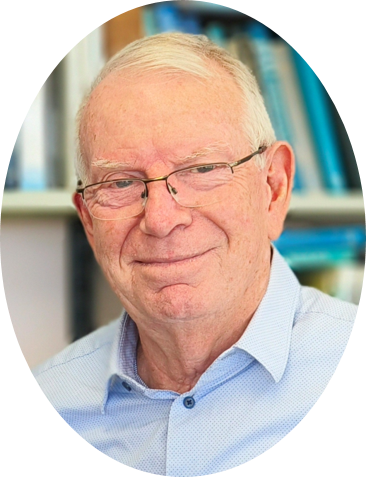| Prof. Bruce MelvilleThe University of Auckland Prof. Bruce Melville is an active researcher with an international reputation in the field of fluvial sediment transport. His expertise encompasses most aspects of water resources engineering, including hydraulic, hydrological, river and environmental engineering. He has supervised more than 30 PhD students and published over 200 refereed journal papers and received more than 14000 citations. He received the 2002 ASCE Hydraulic Structures Medal, R.J. Scott Medal from RSNZ, and the 2020 IAHR-APD Distinguished Membership Award for his research contributions in fluvial hydraulics. |
| Prof. Bruce MelvilleThe University of Auckland Prof. Bruce Melville is an active researcher with an international reputation in the field of fluvial sediment transport. His expertise encompasses most aspects of water resources engineering, including hydraulic, hydrological, river and environmental engineering. He has supervised more than 30 PhD students and published over 200 refereed journal papers and received more than 14000 citations. He received the 2002 ASCE Hydraulic Structures Medal, R.J. Scott Medal from RSNZ, and the 2020 IAHR-APD Distinguished Membership Award for his research contributions in fluvial hydraulics. |

